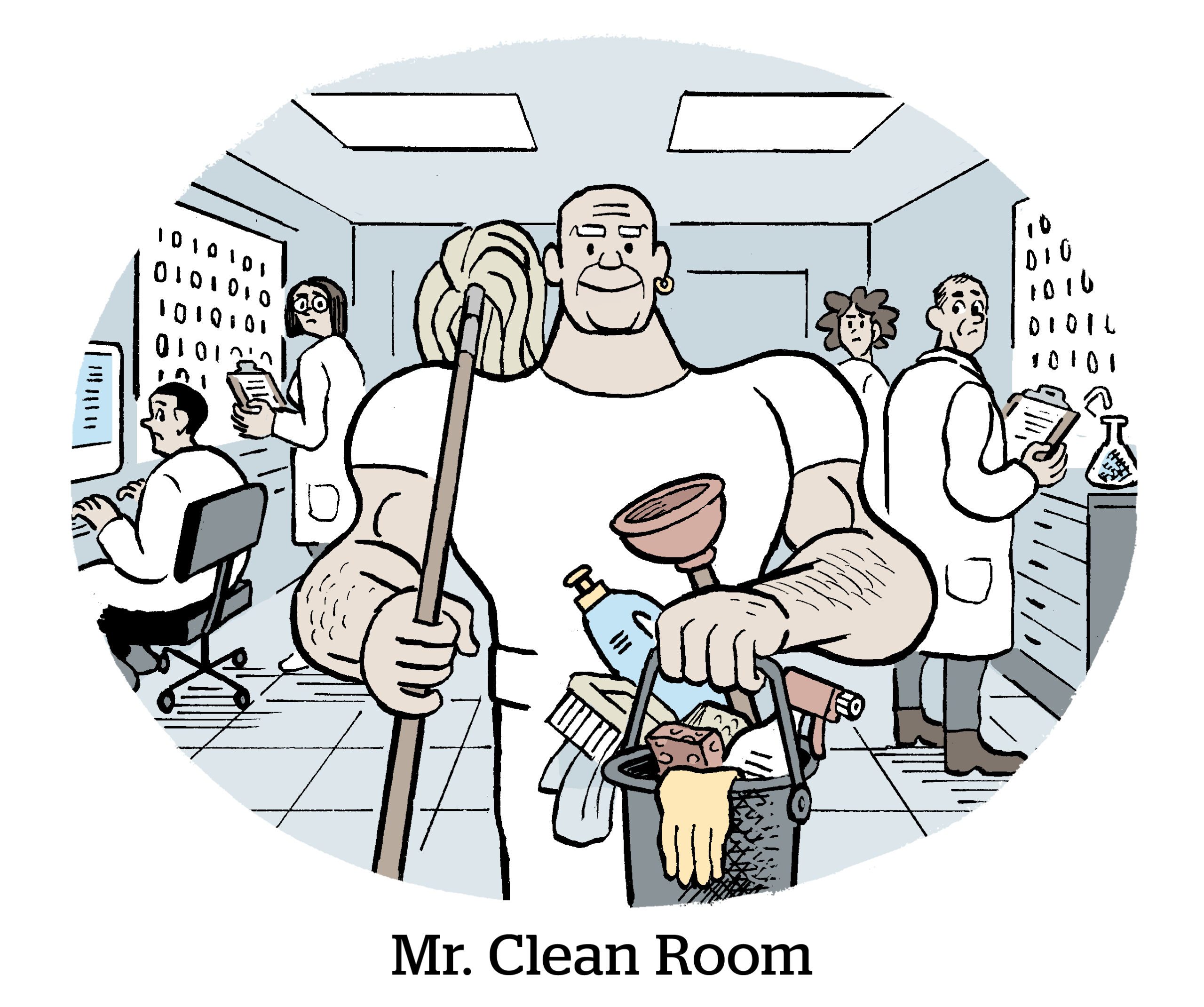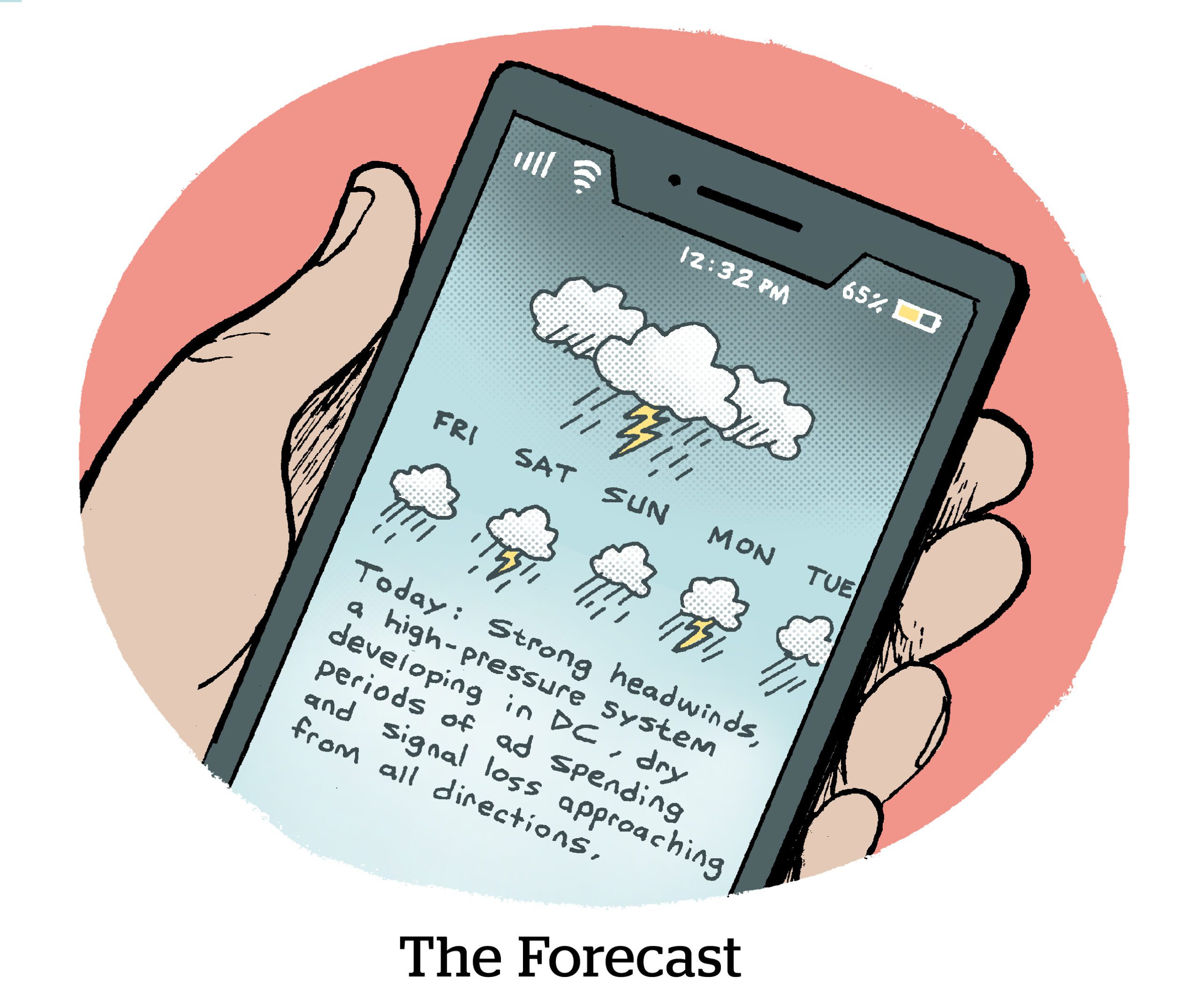
Clean rooms are all the rage right now – and investors are noticing.
On Tuesday, data collaboration and clean room platform Optable announced $20 million in Series A funding, with participation from Hearst Ventures, Brightspark Ventures, Desjardins Capital, Deloitte Ventures and asterX.
Hearst and Deloitte were both first-time investors in Optable.
The round came together during “one of the worst periods to raise funds in a while,” Optable Co-Founder and CPO Vlad Stesin told AdExchanger, citing economic uncertainty.
But interest in clean room technology is growing as the digital ad industry grapples with an increasingly fragmented data landscape, he said.
“One of the most exciting things happening now is this multiplication of data clean room interfaces,” Stesin said, noting that Optable’s approach “has always been anchored in interoperability.”
Aspiring walled gardens
Although Optable declined to say which of its backers is the lead investor in its Series A, Hearst Ventures stands out as notable because it’s the venture capital wing of a high-profile publisher, and Optable has been courting adoption from publishers.
In addition to investing in Optable, Hearst has entered a commercial agreement with the company to use its clean room platform to transact on its first-party data.
Stesin wouldn’t go into specifics about how the Hearst partnership will work in practice, but he did offer a general description of how publishers can use Optable’s platform to enrich their first-party data sets.
Publishers can use surveys to poll users on certain intent signals, such as if they currently have a pool, if they have a mortgage, if they have pets or if they’re looking to invest in a retirement fund. “All those traits become fodder for creating campaigns,” Stesin said.
So, when an advertiser uses Optable’s platform to target its customers on a publisher’s site by matching shared identifiers like email addresses or device IDs, they can also target additional users who possess traits that would be of value to the advertiser.
This approach adds scale for the advertiser and boosts the publisher’s match rate for the advertiser’s campaign, which puts more revenue in the publisher’s pocket, Stesin said.
By supporting publishers in their activation of first-party data, Optable is leaning into a trend in which publishers are becoming “aspiring walled gardens,” Stesin said. Publishers are gathering data that helps them intimately understand their audience, and because of privacy concerns, they need to keep that data as protected as possible – hence the walled garden model.
But, under this model, publishers need data collaboration tools like clean rooms to effectively match their audience data sets to advertiser data sets in a way that protects everyone’s privacy while generating the most revenue from advertiser demand, Stesin said.
While Optable says it has been growing its list of publisher clients, Stesin declined to name the publishers it’s working with because of potential conflicts of interest with Deloitte and its other sell-side partners. The company also declined to name specific demand-side partners at this time.
Investing in interoperability
In addition to the investment firms named above, all of Optable’s angel investors contributed funding to the Series A round, Stesin said. The company’s roster of angel investors includes a number of notable names in ad tech, like former IAS CPO David Hahn, Arbor founder David Yaffe, MoPub founder Jim Payne and former Tru Optik executive chairman Alex Blum.
This latest round, combined with the seed funding Optable raised in 2021, brings the company’s total funding to $23.6 million.
In addition to investing in R&D for its platform, Optable plans to use the funds to expand its sales and marketing team.
Optable’s sales team currently has just five people, including its London-based CRO James Prudhomme, who joined the company in December 2021. Stesin said the company is looking to grow its sales footprint in US and European markets.
Because most of its employees work remotely, including the majority of the roughly 40 employees based in the company’s Montreal headquarters, Optable does not have plans to open any new office locations at this time.
On the R&D front, Optable’s priority is maximizing the interoperability of its platform through initiatives like the IAB Tech Lab’s Open Private Join and Activation (OPJA) clean room interoperability standard and by tapping into the expertise of its team of data cryptographers and ad tech engineers.
Optable has cryptographers on staff who worked on OPJA and longtime ad tech people from AppNexus, AdGear and Samsung Ads.
“It’s a good blend of the previous wave of programmatic ad tech,” Stesin said, “with the new wave with cryptography and interoperability.”





 By
By 


